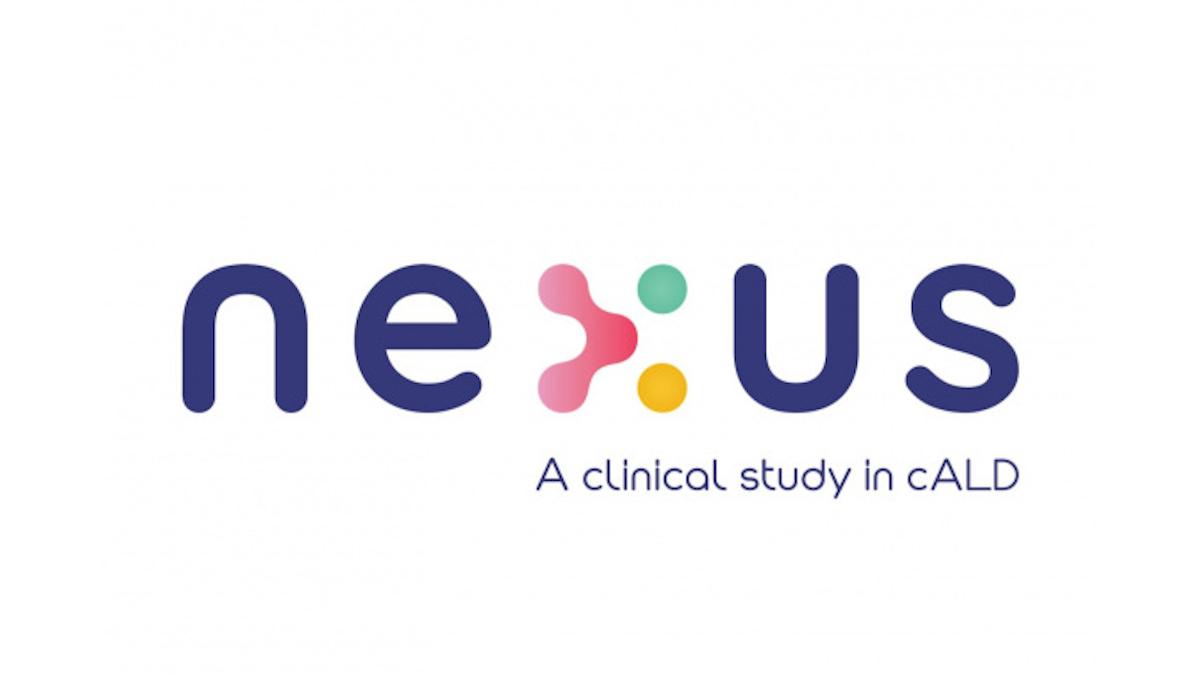Refiling for cALD therapy on the cards after new data

Minoryx Therapeutics and Neuraxpharm's experimental therapy for genetic neurodegenerative disorder cerebral adrenoleukodystrophy (cALD) has shown that it can slow down the progression of the disease in children in a new phase 3 trial.
The result of the NEXUS trial means that the two companies can now press on with their plan to refile for EU approval of the drug – called leriglitazone – in children and adults with cALD sometime in the middle of next year.
The company's first application for the drug under the Nezglyal brand name was turned down by the EMA's human medicines committee earlier this year. Minoryx and Neuraxpharm appealed that decision, but said in May that was unsuccessful and they would have to wait for further clinical results before they could try again.
Now, data from NEXUS, one of two ongoing trials of leriglitazone in cALD, has shown a statistically significant difference in the proportion of patients with clinical and radiological arrested disease after 96 weeks or at a visit prior to haematopoietic stem cell transplant (HSCT) – currently the only therapy for the disorder in Europe – according to a statement.
The trial involved 20 patients treated with leriglitazone for at least 24 weeks, all of whom remained stable on treatment, while seven (35%) met the criteria for arrested disease, more than the approximately 10% that would be expected without treatment, according to Minoryx and Neuraxpharm.
cALD is a devastating and fatal condition with no drug treatments available that leads to progressive destruction of the myelin sheath that surrounds nerve cells, resulting in a relentless deterioration that typically leads to acute neurological decline and death within three to four years.
ALDs are a wide-ranging and complex group of disorders and include X-linked ALD, which affects 6-8/100,000 live male births. It is estimated that around a third of patients with ALD will go on to develop progressive cALD as a child or adolescent, and up to 60% of adults.
Leriglitazone is thought to work in cALD by interrupting disease processes involving neuroinflammation, neuron demyelination, and oxidative stress.
The two companies are also running a second trial of oral PPAR gamma agonist leriglitazone, called CALYX, in adult male patients with progressive cALD.
"The NEXUS results attest that leriglitazone addresses a critical unmet need for non-invasive treatments that can be administered at the moment brain lesions are identified to arrest or slow down lesion growth," commented lead investigator Patricia Musolino, of Harvard Medical School.
In the US, a gene therapy for cALD from bluebird bio – Skysona (elivaldogene autotemcel) – has been approved since 2022, on data showing it can slow the progression of neurologic dysfunction in boys 4-17 years of age with early, active cALD.
Skysona was also cleared for use by the European Commission in 2021, but bluebird bio pulled out of the European market altogether later that year, saying it was impossible to build a viable business for gene therapies there due to pricing and reimbursement challenges.











